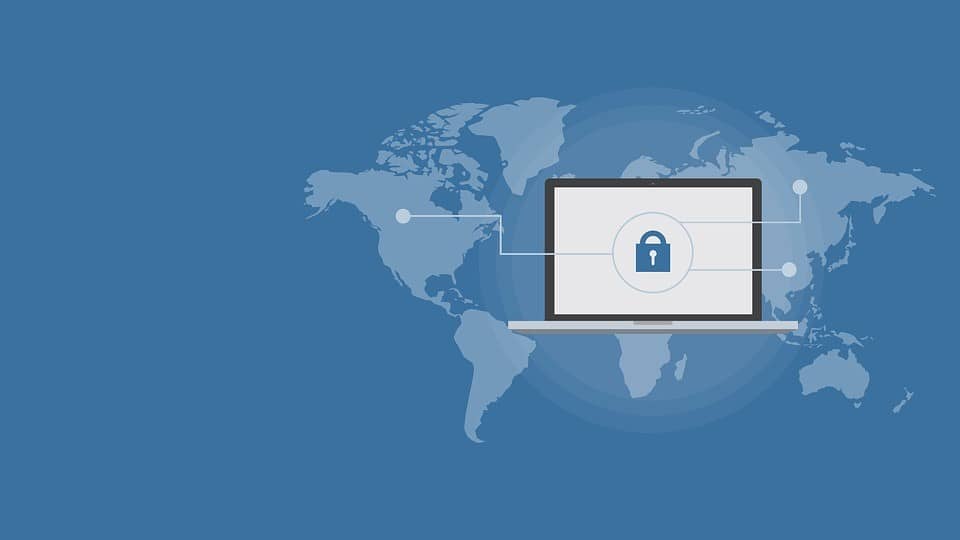Remote opportunities are changing the face of the workforce. Telecommuting is a boon for plenty of employees who want more flexibility balancing their work and private life, and it benefits businesses by offering them leverage to recruit the best talent regardless of where they’re located.
But connecting your work force via the internet means that your workforce is more vulnerable to cyber threats, and remote workers don’t have access to the tight security infrastructure a secure facility can offer.
Fortunately, there are some steps you can take to bolster security for your remote workers.
1. Be Vigilant With Security Protocols
Making sure that your data is secured means that everyone is operating on the same page, and that requires a strong policy for education and documentation.
Even if you have an employee that never needs to step foot in the office, you need to make sure they’re properly trained in security protocol before they ever start work. Those policies need to be updated and relearned regularly.
Mandatory training and workshops on a yearly or twice yearly basis can play a critical role in tightening up your company’s security policies. The managers in charge of these lessons should be vigilant in updating policy to reflect new threats and industry changes as they emerge.
Chances are that there will be no one size fits all solution for protocol, so it’s worth collaborating with each department to come up with a sensible plan of action.
2. Make Security Training Engaging
Mandatory training is a must, but it can be hard to know with remote employees how much they absorb of the information.
Creating a system that rewards good actors for good behavior is a great way to create a culture of accountability.
Highlight employees who are vigilant in their security procedures, and work hard to create training materials that are fun and engaging. While rewards can be a great way to encourage security policies, it’s important to not put unnecessarily punitive systems in place for employees who make a mistake.
The earlier a security breach is discovered, the easier it is to mitigate the damage. With that in mind, create systems of accountability that don’t put the blame on employees who make errors and thus discourage them from speaking out. And when mistakes are made, it’s important to address why they happened and adjust your policies accordingly.
3. Consolidate Cloud Usage
Cloud storage and sharing is a critical lifeline for supporting a remote workforce, but it’s also potentially one of the key liabilities for your business.
Your employees will likely have to rely on cloud capabilities to stay in touch with the office, but you should strive to minimize the amount of services your employees use. The more cloud accounts your employees have to use, the more vulnerabilities there are for cyber predators.
Company policy should focus on a small number of critical cloud services that offer acceptable levels of security, and strict regulations should be in place for the services employees can use in a professional capacity.
4. Make VPNs Mandatory
Remote employees have the privilege of not just working from home but also from coffee shops and while on vacation. It’s a nice perk, but it’s one that should frighten the security conscious.
One of the scarier and savvier methods used by cyber criminals is to create fake Wi-Fi networks that can mimic safe proprietary networks and trick users into accidentally giving up sensitive information.
That’s why any modern business should consider the usage of virtual private networks a must. By tunneling the IP address of users through proxy networks, these systems allow for a higher level of anonymity for employees out in the wild.
While there are a number of protocols available, you should look at SSL, SSL, and TLS protocols when considering a VPN provider. That’s because they make it easy to connect to a network while also providing a meaningful level of data encryption.
5. Keep Your Infrastructure Modernized
Cyber criminals are smart, and cyber crime wouldn’t continue to be such a prevalent threat if they weren’t so good at adapting against countermeasures. That’s why it’s important to make sure that your company is always prepared for the newest threats on the horizon.
Your IT team should place a high priority on making sure that all your software and devices are clean and up-to-date. Mandatory patches, updates, and maintenance should be such an organic part of your company’s procedures that it feels like second nature, and policies for updates should apply not just to the devices and software on-site but also to the computers and other devices that your remote employees use.
6. Last Resort – Get Insured
General business liability typically doesn’t cover cyber attacks. While your business will hopefully never have to deal with the impact of a major data breach, the possibility is always there, and you can’t provide 100% assurance.
That’s especially true when you’re dealing with remote staff. Make sure that your company is backed by cyber liability insurance as a last resort safeguard.
About the Author:
Jasmine Williams covers the good and the bad of today’s business and marketing. When she’s not being all serious and busy, she’s usually hunched over a book or dancing in the kitchen, trying hard to maintain rhythm, and delivering some fine cooking (her family says so). Tweet her @JazzyWilliams88.
